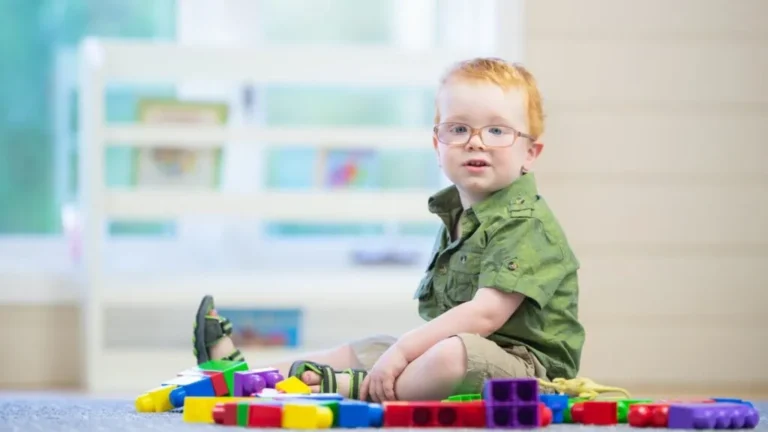Golden Care Blog
Welcome to the Golden Care Therapy Blog—your go-to source for evidence-based insights and practical tips on autism and ABA therapy. Explore the latest research, hands-on strategies, and expert guidance designed to help your child thrive at home, in school, and beyond.

Understanding Food Neophobia in Children With Autism
Children with autism often experience food neophobia, which is characterized by a fear of trying

5 Ways ABA Therapy Helps Nonverbal Kids in Suffolk County, NY
Key Points: ABA therapy provides structured ways for nonverbal children to communicate, including augmentative tools and

How Behavior Management in Children with Autism Works
Behavior management therapy plays a vital role in supporting children with autism. It centers around

Kids with Autism and Supplements: What to Consider
Supplements play a significant role in supporting children with autism by addressing nutritional needs and

Why Autistic Kids May Refuse Food
Food refusal is a common challenge faced by children diagnosed with autism spectrum disorder. Food

Vitamin D & Autism: Exploring the Possible Link
Vitamin D deficiency is a significant concern in children with autism. Research reveals that autistic

How to Collect and Use Baseline Data in ABA Therapy
Key Points: Baseline data in ABA therapy is essential for understanding a child’s current skills and behaviors

What Parents Should Know About Autism and Food Allergies
Research indicates that children with autism are at an increased risk of developing food allergies.

Don’t Miss Out on Early ABA in Middlesex County NJ – Here’s Why!
When it comes to supporting children with autism, timing is everything. That’s why early intervention
Get in Touch Today
If you’re looking for compassionate ABA therapy and a team that truly cares, we’re here for you. Let’s walk this journey together, one small success at a time.
We’re ready when you are.
